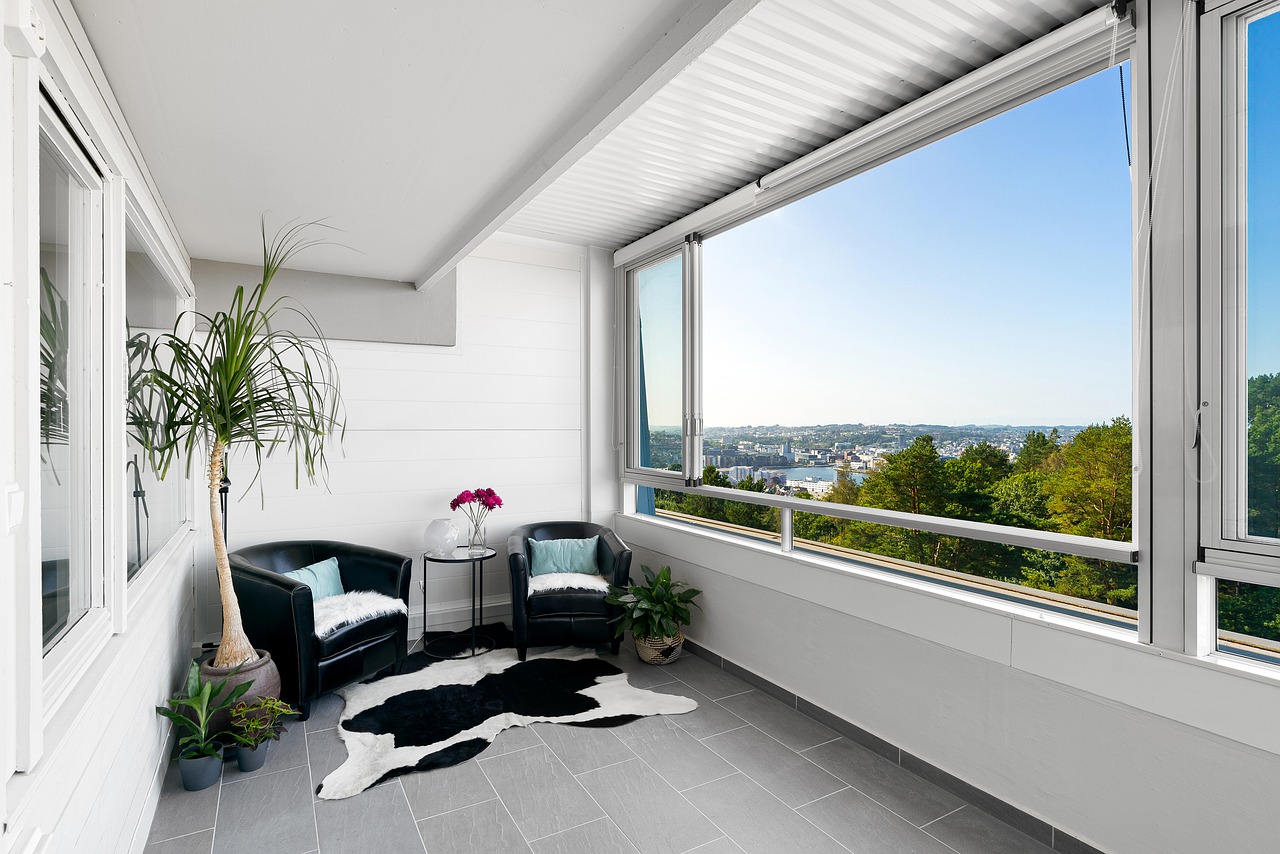Covid-19 has entered every phase of our life like the air we breathe altering how we live, work, learn and play. Is it also changing the spaces, buildings that house those activities?
So what are the key themes, the dramatic changes that we will be adapting in the future?
Real estate is the one field that sees more investments than stocks and bonds put together. According to 2019 estimates, the value of global real estate transactions stands at $2 trillion. With a huge part of an average Indians'savings and investments too tied to this asset class. With COVID changing our familiar world, there has been much pondering about the future of the Real estate.
With new and more shocking Doomsday theories coming up each day, real estate developers and investors are naturally in a quandary. On the one hand, developers are mulling over resetting home prices to spur demand, and hospitality investors are seeking residential land use. Sweeping changes are invading office spaces with WFH becoming the new normal. Malls and shopping complexes wear an empty look which has had a cumulative effect on retail malls seeing tenants cancelling leases or refusing to pay rent. Confusion reigns over consumers who wish to own a home. So how do the real estate developers and firms revive their investments? How to be in step with the changing trends? For the people around the world Real estate is an enabler of existence and well-being and rest assured that real estate in the post-covid world will survive and thrive as an asset class, albeit in a different avatar. We can look forward to defining transformations that will include decentralization, redistribution and restructuring as the major themes in the post COVID scenario.
We are already witnessing visible indications of the ways how the Corona Pandemic is altering things for both consumers and developers. However, we must understand that changes have been triggered not just by corona. It was long overdue. The Pandemic and enforced lockdown have only heightened this realization.
The Home
Post-COVID, our personal spaces will gain more prominence over the place of work, and this, in turn, will have a defining influence on urban development and our real estate choices. Despite the Corona Pandemic bringing down business all over, the long-term housing demand trend in India has remained secular, because the young population which continues to enter the workforce in large numbers have been showing an increasing desire to buy homes. Pre COVID the trend was to favour a rental home, challenging the established preference of Indians to buy homes. Post-COVID, the younger population is shifting towards owning property. Always in times of crisis, Real estate investments provide a higher sense of security. The new normal of WFH has forced the need for additional space at home, which is an important consideration as well.
With the WFH system gaining mileage, there will be an increasing preference to move away from the polluted and congested parts of the city. Moreover, good communication, commutation facilities, imminent metro rail connectivity, are already fuelling a rapid change in workplace choices. And there is an increasing preference to shift toward the suburbs. Owning a home in the city peripherals is economical compared to paying high rentals in city centre apartments. Analysts feel that the present trend will create a preference for plotted residential developments over large apartments as suburbs are less dense, have more open spaces and are affordable. Good connectivity, world-class expressways and state of the art infrastructure will speed up the construction of satellite towns in metro cities. We have only to see the Bangalore satellite towns, Chennai along the Chennai-Vizag and Chennai-Bengaluru corridor which will now gain faster traction.
Moreover, the Govt of India also supports the development of infrastructure in tier II and III towns through the Smart Cities project.
The new office
Pre COVID favouritism for the commercial office sector is going down given the reduced space requirement by information technology companies due to increased adoption of the WFH model. Fund crunch has forced smaller companies and startups to either shut down or reimagine offices. The Corona Pandemic is forcing a preference towards space efficiencies to suit the post COVID world. Business heads everywhere are looking for ways to cut costs. Swanky offices do not fit the bill any longer. The new normal is a shift towards offices linked to hubs and WFH setups. The future office spaces or commercial buildings would be smaller without central air-conditioning offering independent offices to cut expenses. We might see the rise of independent shops or smaller shop-cum-office models spread across the city and the peripherals.
Reimagining retail
The retail segment was waiting for a massive overhaul with the predominance of online buying. Huge rentals and reduced returns were already affecting physical stores that had high fixed costs. It is only natural that Post covid, demand for retail space would also change. Preference for Common open shopping spaces with independent air conditioning would lessen charges and would replace excess expenditure for business owners. Post-COVID retail would get a new avatar centred more around food outlets, wellness, leisure and entertainment, with a cut down focus on shopping.
The investment bets
COVID has brought in a slump in institutional investment in real estate that was earlier flowing toward rent-yielding warehousing and retail/office assets. But now the preferred niche for investments are student housing, co-living and data centre hosting. There is a substantial demand from e-commerce and resultant space requirement for warehousing. Developers seeking income yielding segments are working out the right business model to capture value from student housing, co-living asset classes. COVID has already propelled the demand for data centres for hosting, storage and accommodating increased internet traffic, and this will be an attractive emerging asset class. Consumer housing the housing sector has taken crippling hits including, subdued sales, margin squeezes and high leverage. Among the significant changes, only brands with greater equity and institutional capital support will gain higher market share. Already the market is witnessing weaker players divesting their assets to these platforms through land sale or entering into joint development agreements and business takeovers.The sector is witnessing consolidation accelerating with the severity in the prevailing conditions. Real Estate developers are fast adapting themselves to the adoption of technology and coming up with virtual property tours through 3D site walk-throughs extending up to online documentation support and fulfilment. Post-COVID you may see, book, buy a property through virtual site tours, virtual reality online booking, chatbots and payment platforms. The benefit also brings price moderation along with better reach and transparency. Yes, Covid-19 has stalled the economy and impacted our lives so much that we have had to reimagine living. But if we plan prudently, we can bank on real estate as an asset class that shall emerge stronger.









